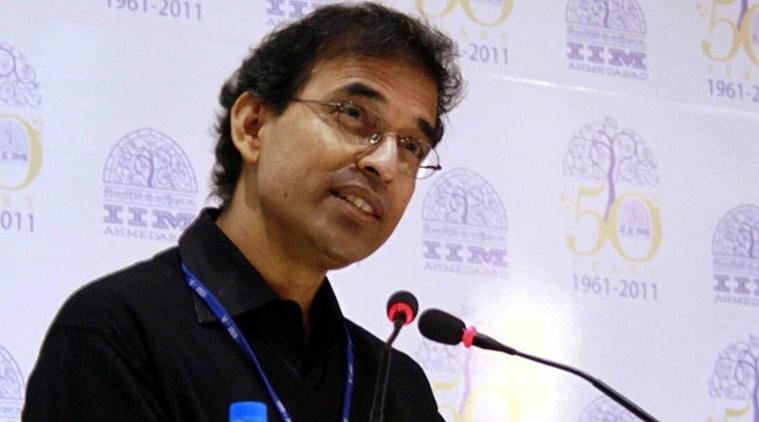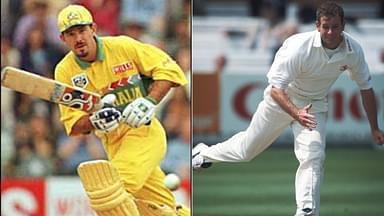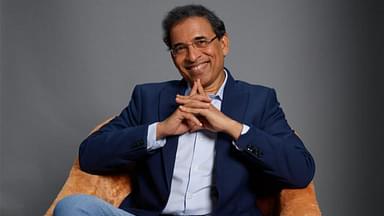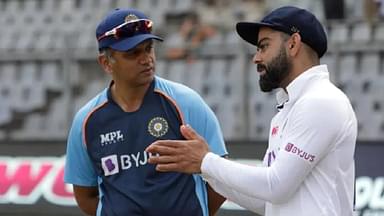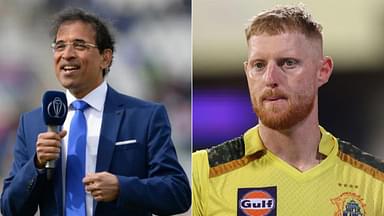Controversy, banter and on field altercations are all part of the game, they happen because people competing for top honours want to rattle their opponent and gain some advantage by playing on their opponent’s mind. But the backdrop of cricket remains, something that the journalists of both countries have totally forgotten about.
Advertisement
Harsha Bhogle is saddened by the fact that this India Australia series, for all the brilliant cricket that has taken place, will be remembered for its toxicity. And he blames the media to a large extent for that.
The DRS gate, Australian players mocking Kohli’s shoulder injury and Kohli’s press conference comments have dominated sports websites and news channels. Is it so difficult to look past the ‘controversy cloud’ and admire the gaze of the moon?
Journalists generally tend to take the easy way out and try to focus on things that are either easy or that attract massive public interest. A lot of people watch the sport because their country is involved in it on a massive scale, and not because they love to enjoy the nuances of it. And that is what these journalists try to exploit. Not everyone would love to talk about how Pujara’s stance during a bowler’s delivery stride helps him to smother spin. Or how Kohli’s bat coming down straight would never make him fall over, even when is flicking the ball to the leg side, or how Smith’s antics before a ball is being delivered make not much difference as his head is so balanced.
Also Read: Virat Kohli reveals why India couldn’t win the Ranchi Test
People don’t want to understand the physics behind a reversing ball, they don’t want to talk about the tactics of drying up runs, or the importance of staying low for a slip fielder, because analysing cricket is way tougher than talking about meagre controversies that spark hatred.
Harsha Bhogle too believes that the way this series has been reported hasn’t done much justice to the sport as cricket journalists get into the profession because of their love for cricket storytelling, and not controversy storytelling. They need to be reminded of that, or else we could be in for more talk and less substance.
Here are some of his tweets on this matter
Friends in Australia tell me they are perturbed by the toxicity this series has generated. Cricket lovers in India saying so too.
— Harsha Bhogle (@bhogleharsha) March 21, 2017
If we have to use toxicity and divisiveness to spread our game, we are using a short-term approach that can only be harmful.
— Harsha Bhogle (@bhogleharsha) March 21, 2017
I am particularly perturbed by the fact that some of us in the media are promoting this divisiveness and taking sides to spread ill-will.
— Harsha Bhogle (@bhogleharsha) March 21, 2017
A lot of us entered this profession because we love sport and had the opportunity to talk/write about it. We didn't enter to spread toxicity
— Harsha Bhogle (@bhogleharsha) March 21, 2017
Creating a Big Brother/Big Boss kind of toxicity to gain eyeballs and generate headlines will prove harmful eventually.
— Harsha Bhogle (@bhogleharsha) March 21, 2017
I also believe administrators need to ensure that while there will be passion at work, and frayed tempers, it cannot be a series of its own.
— Harsha Bhogle (@bhogleharsha) March 21, 2017
Indeed. And there should only be one https://t.co/cr2bc7qHo5
— Harsha Bhogle (@bhogleharsha) March 21, 2017
We genuinely hope that the focus shifts back on cricket, because my word there is some absolutely brilliant stuff happening on the pitch.

